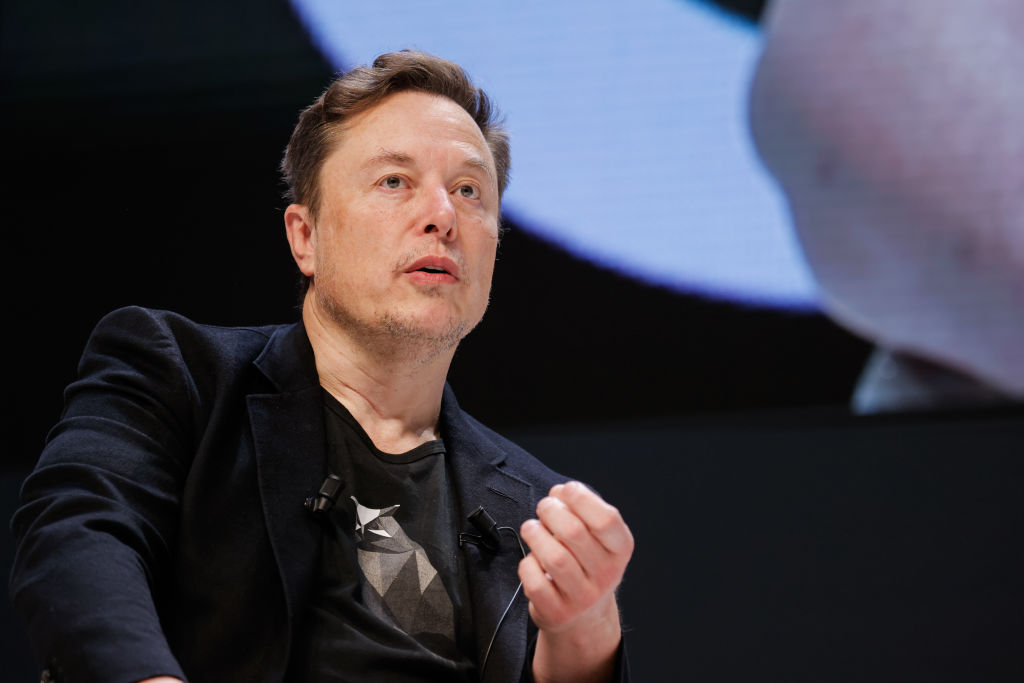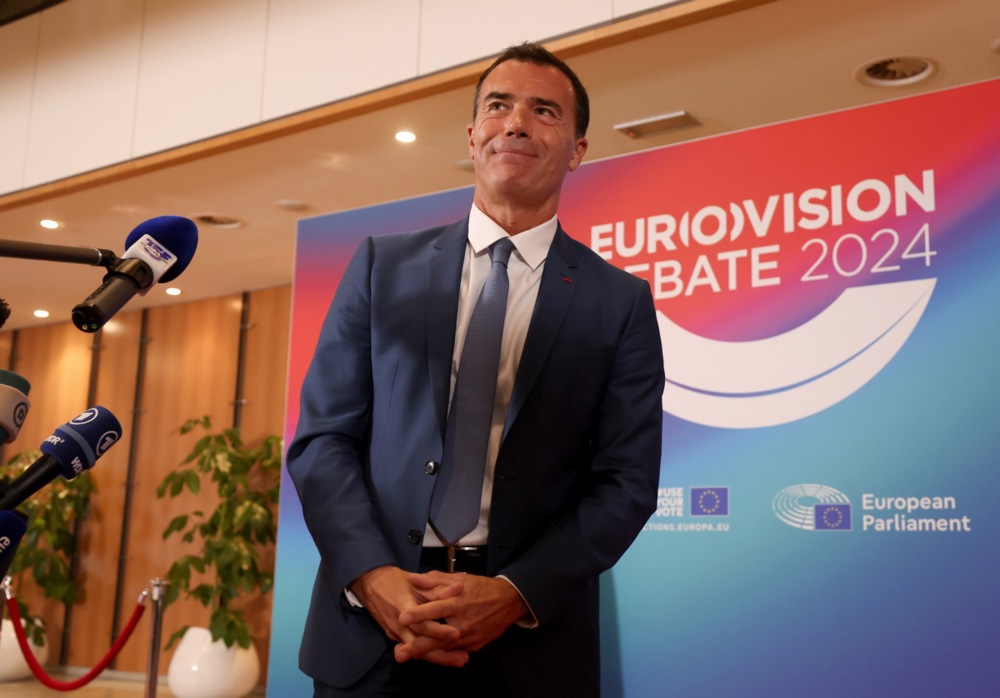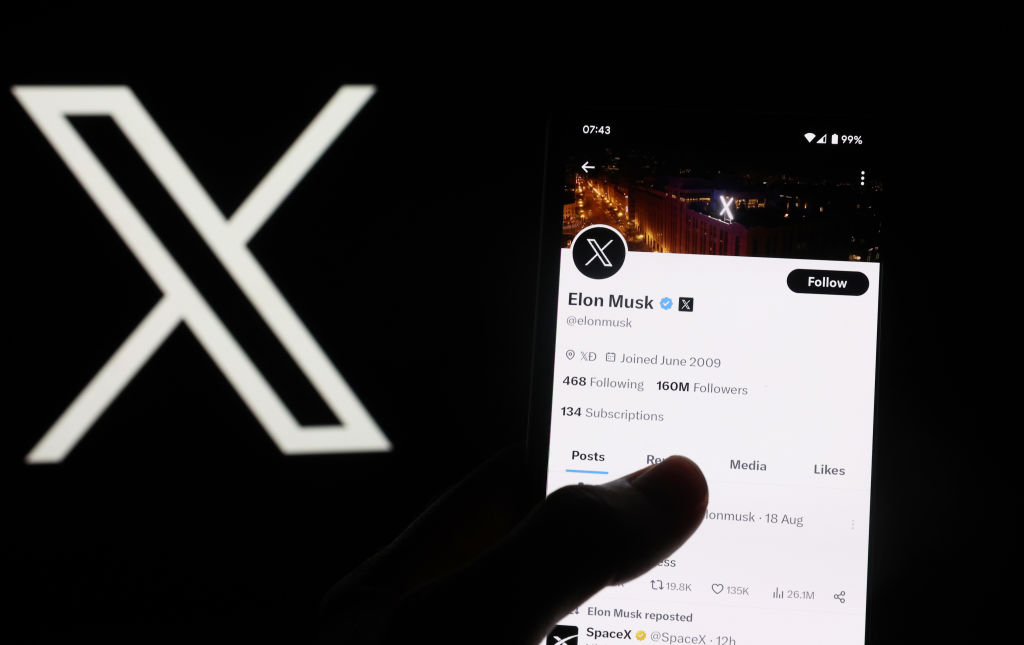Elon Musk’s X social media platform has launched a legal case against Ireland’s media regulator over the country’s new online censorship rules.
Twitter International Unlimited Company initiated judicial review proceedings in the Irish High Court on November 15 over the online safety code unilaterally imposed by state regulator Coimisiún na Meán, with the rules effectively banning certain forms of audiovisual content containing “hatred” across the European Union.
The exact details of the case are unknown but according to the Irish Times, the X operator has previously claimed that the code — which reportedly aims to transpose the European Commission’s Audiovisual Media Services Directive (AVMSD) — could operate in contradiction to the European Union’s Digital Services Act censorship regulation.
Unlike regulations and decisions, directives are not directly applicable throughout member states but require national laws to incorporate their rules into national legislation.
“We view that it is important that Ireland’s transposition of the AVMSD does not impose obligations which go beyond what is required by the AVMSD and which potentially conflict with the Digital Services Act,” the company had said in August.
“Twitter International Unlimited Company reserves its right to challenge the lawfulness of the code. We reserve our position and all rights at this time, regarding Coimisiún na Meán’s legislative and procedural approach, including in relation to further guidance being issued.”
Ireland’s Prime Minister has accused Elon Musk of “showboating” with his threats to challenge the country’s coming anti-hate-speech laws in court. https://t.co/6GM0OcQV6B
— Brussels Signal (@brusselssignal) August 28, 2023
Under the code, tech companies that have their headquarters in Ireland — a list that includes the EU branches of X, Meta, Reddit, Alphabet and many others — run the risk of being fined up to €20 million or 10 per cent of a platform’s annual turnover should they fail to implement Coimisiún na Meán’s censorship demands.
The exact nature of the censorship code was decided in-house by Coimisiún na Meán and was not voted on by the Irish parliament, although the government had previously expressed support for tighter speech controls on the internet.
Such support has drawn the ire of free-speech advocates internationally, with Musk threatening to challenge a hate speech bill proposed by Ireland’s Government in the courts in the event that the country’s legislature passed it.
The bill was eventually truncated as a result of international pressure, with politicians removing all reference to speech-based offences from the document.
Increased protections for those who identify as one of a functionally infinite number of perceived genders remained in the passed document, with one Senator in the country, Sharon Keoghan, criticising the bill during a session of the upper house by reading out a list of hundreds of genders one by one.
The Irish Government's Hate Crime Bill aims to protect "genders other than that of male or female" and recognise them in Irish criminal law.
To show how widely this idea can be applied, Senator Sharon Keogan spent 25 minutes listing "genders" to Justice Minister Helen McEntee. pic.twitter.com/d1NHM0tEiR
— gript (@griptmedia) October 17, 2024





